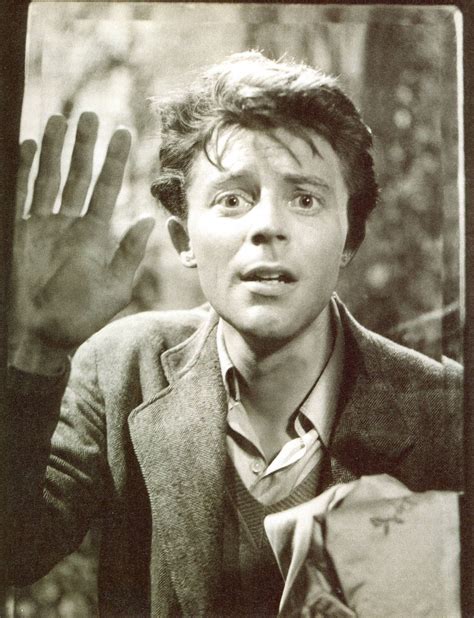A Quote by Philip Gerard
Storytelling is the art of unfolding knowledge in a way that makes each piece contribute to a larger truth.
Related Quotes
Transmedia storytelling represents a process where integral elements of a fiction get dispersed systematically across multiple delivery channels for the purpose of creating a unified and coordinated entertainment experience. Ideally, each medium makes its own unique contribution to the unfolding of the story.
I see the Christian world like this: we've inherited a divided map of the truth, and each of us has a piece. Our traditions teach us that no one else has a valid map and that our own church's piece shows us all the terrain and roads that exist. In fact, there is much more terrain, more roads, and more truth for us to see if we can accept and read one another's maps, fitting them together to give us a clearer picture of the larger Christian tradition.
One of the things that makes it so challenging is that we're constructing the Station hundreds of miles above the surface of the Earth and we're doing it one piece at a time For the International Space Station we do not have the privilege of assuming the Space Station is on the ground before we take it up one piece at a time. So we have to be very clever about the testing that we do and the training that we do to make sure that each mission is successful, and that each piece and each mission goes just as it's planned.
That's just how I see things on a base level: there's so much going on. Or at least I like to have that feeling. It's part of being interested in notions of reality apart from storytelling. I don't know if it has something to do with having an art school education, which makes you aware of the way visuals speak, or makes you trust them more.
Each such answer to the great question, invariably asserted by the followers of its propounder, if not by himself, to be complete and final, remains in high authority and esteem, it may be for one century, or it may be for twenty: but, as invariably, Time proves each reply to have been a mere approximation to the truth tolerable chiefly on account of the ignorance of those by whom it was accepted, and wholly intolerable when tested by the larger knowledge of their successors.
































